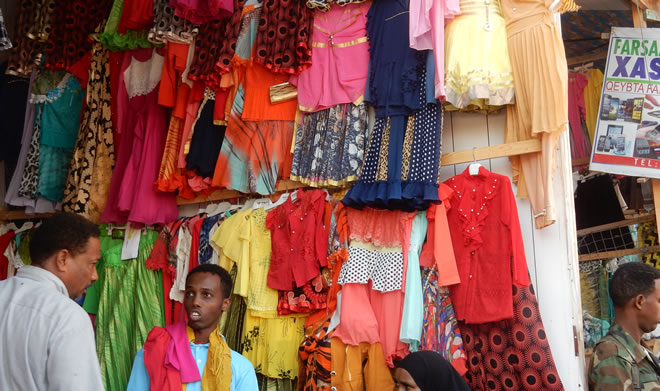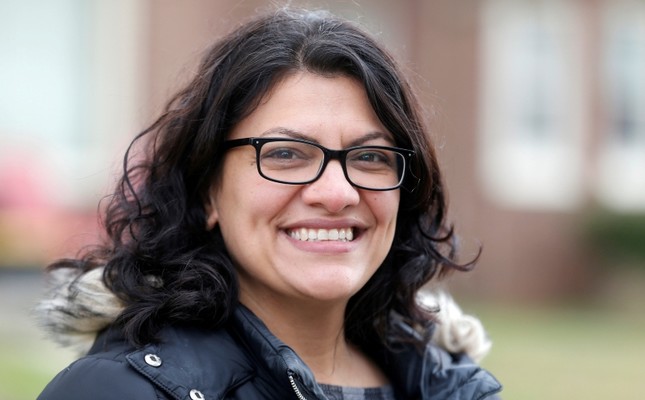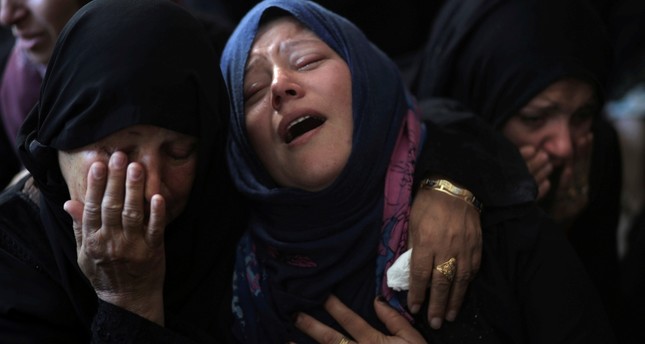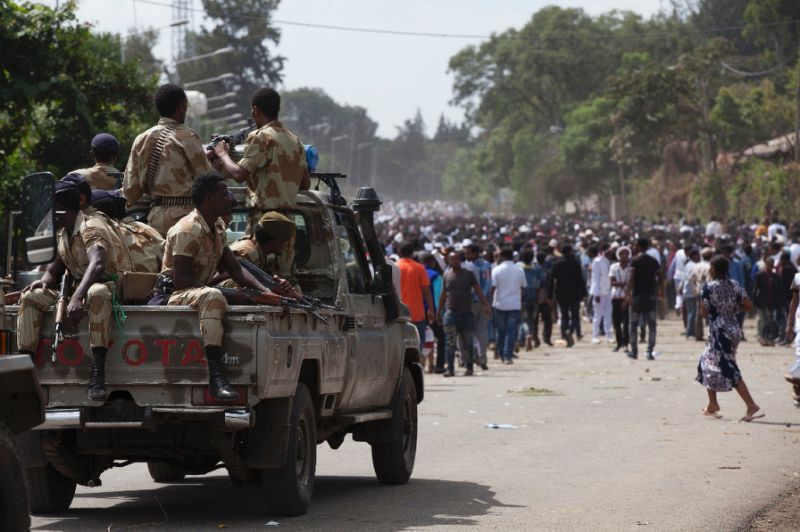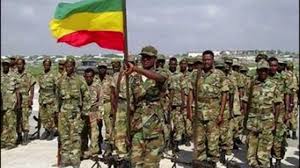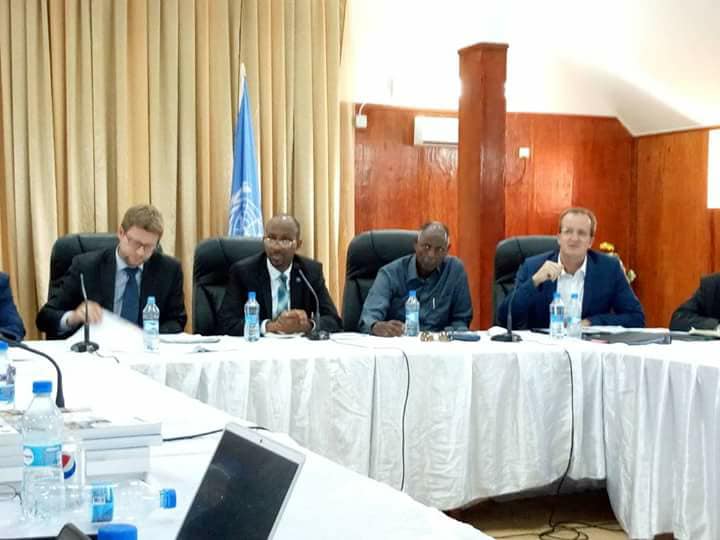Eid is a time of festivity and happiness that follows the holy month of Ramadan. It is a time for family and presents but this year will prove to be a very difficult Eid for most Somalis.
While Eid in itself is a time for celebration, many Somalis feel that the economic conditions have got so bad that it is proving impossible to celebrate in the traditional way.
“I am a public servant and have not been paid for more than 4 months. Last year I lost 3 months of my salary and I cannot really afford to eat sometimes let alone buy presents for my 4 children and wife,” said a Mogadishu policeman who did not want to be named. “Instead of happiness, I have family problems this Eid because of my situation.”
Many more public servants interviewed in Mogadishu including police and traffic officers as well as other government employees expressed the same frustration.
“It is harder than ever because we have no payment from government for so long and we cannot share the happiness of Eid by buying anything for our families,” said a traffic warden who did not want his identity to be disclosed. “Sometimes without asking, the people in the cars offer me a dollar or two because I think they can see the hunger and poverty on my face.”
Many internally displaced people benefit from the generosity of Islamic NGO’s in the Holy month of Ramadan. Many of them now fear that as Ramadan ends this predictable source of support will come to an end.
“I am a mother of 6 and my husband died. I used to get support from different Islamic charities for iftar and now this will end I am not sure what I will do,” said Maimuna Mohamed, an IDP living in Mogadishu. “Sometimes I feel I am just been pushed to the edge of existence.”
Maimuna is suddenly overcome with emotions and tears roll down her face midway through her interview. Her friends attempt to comfort her and then they also reveal that their situation is not any better.
“I sell Khaat for a lady and I earn about $90 a month and I have 3 children and my husband left me,” said Fartuun Haji. “I am also struggling this Eid with my family who want everything too.”
Another groups of hard hit Somalis are students and graduates who are unemployed in large numbers all across Somalia.
“I graduated this year and I have no job and still live with my mum and dad who are also unemployed,” said Mohamed Ali from Hargeisa.
Mohamed’s story is a familiar one in Hargeisa as the number of graduates and youth outnumbers the job opportunities that exists.
“Eid is difficult but every day is hard too for us. We are young and we want a life of our own and we can’t have it,” added Mustafa, an unemployed friend of Mohamed’s who was also a graduate.
Remittances from the Somali Diaspora have in many ways sustained Somali society since the beginning of the civil war and many rely on it during the festive periods of Ramadan and Eid. However, with the crisis in the European Union, slow growth in the North America and the economic challenges in the Middle East affecting the Somali Diaspora, the remittances sent are smaller in value and are not linked to the rising cost of living in Somalia.
“I used to get $200 and Eid money from my brother in London but he now has no job and I have no income this Eid,” said Farah Mumin, an unemployed Mogadishu resident. “It is hard and humiliating especially when you have a family during Eid.”
“My sister has a good job in the UK but because the British currency is weak after the UK decision to leave the EU, the amount she sends is smaller and Mogadishu is now very expensive,” said a young lady who sells tea on the streets of Mogadishu who gave her name only as Ladan. “I use the money she sends to buy things for my small business but because people don’t have money too they are not buying much from people like me.”
Like Ladan, many business owners across Somalia are feeling the pain of the economic challenges this Eid.

“This time last year I used to have queues of people doing their Eid shopping in my shop but now if you get a few people a day you are grateful,” said Hamza Ali, a clothes seller in Hamarweyne Market.
“I am reducing prices and selling at a price where I sometimes lose money to get rid of merchandise,” said another shopkeeper in Hamarweyne who did not want to be named. “We have not known these difficult times since during the civil war.”
Most business owners agreed that the uncertainty caused by the upcoming Somali parliamentary and Presidential elections, continued insecurity, international events like BREXIT and low consumer confidence and savings are the real obstacles to consumer spending this Eid. They all agreed too that this is something that the current and future Somali government must look at more seriously.
Despite the clear financial difficulties of Eid this year, all interviewed felt that it was a spiritually happy occasion that must be celebrated with thanks to Allah SWT. However, most are praying for an economic miracle to make the remainder of the year more prosperous for themselves and their families, including successful election outcomes.

